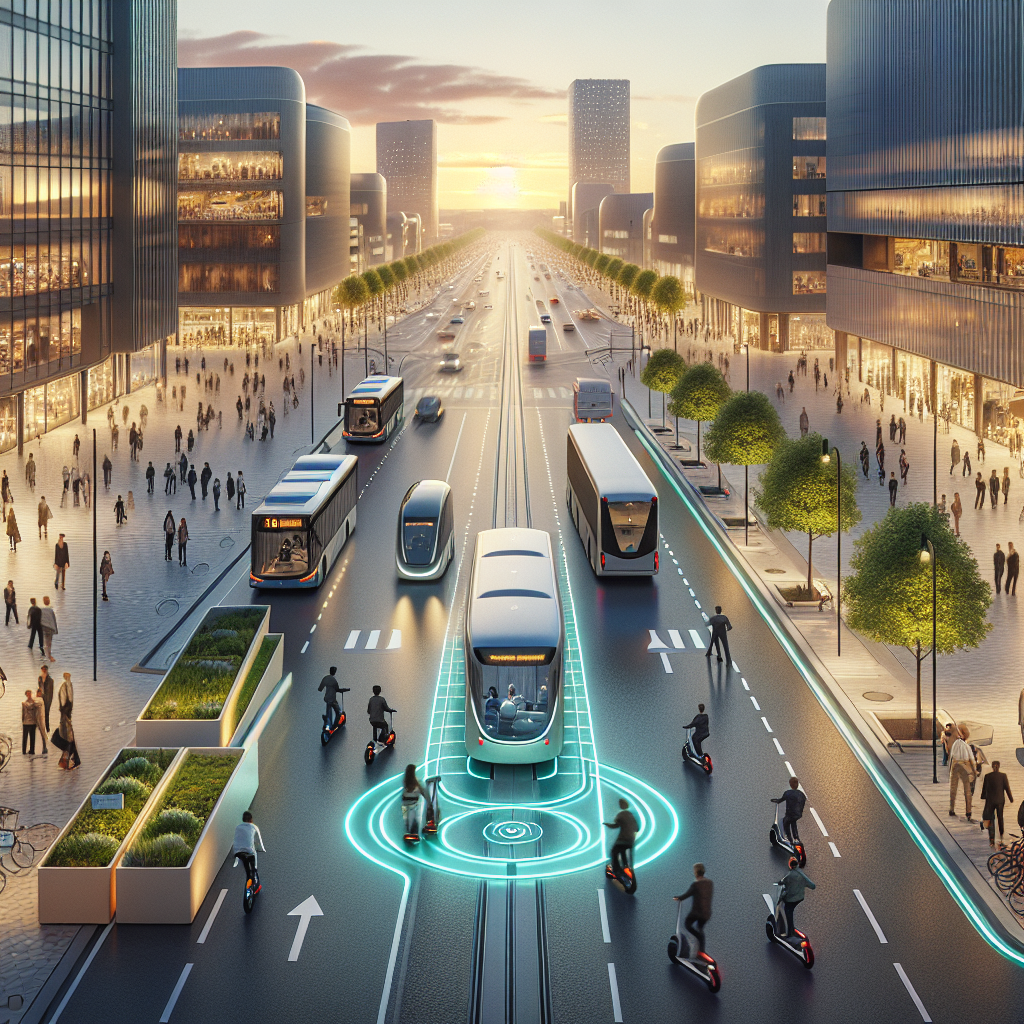In an innovative leap aimed at redefining urban commuting, Israel-based startup ElectReon has successfully facilitated a dynamic electric vehicle (EV) charging system demonstrated in Sweden. The technology, centered around embedding charging coils beneath roads to enable continuous power for electric buses, trucks, and cars, represents a significant advancement in addressing range anxiety among EV users. This pioneering pilot, conducted on a public bus route in Visby, Gotland, marks a crucial step forward in integrating wireless charging infrastructure in urban settings.
ElectReon’s system operates through an intricate network of coils installed beneath the asphalt and a receiver mounted at the vehicle’s undercarriage. When an equipped vehicle passes over, the coils wirelessly transmit energy directly to the vehicle’s battery system, allowing for continuous operation without the typical need for stationary charging stations. This method not only proposes a novel way to extend the operational range of EVs but also minimizes urban space utilized for charging facilities, potentially transforming city landscapes cluttered with charging stations.
This project in Sweden, involving a 1.65 km electric road as part of a broader governmental initiative, offers a glimpse into a future where roadways double as power providers. Stefan Pettersson, the research leader at the Swedish Transport Administration, underscored the project’s significance in relation to Sweden’s environmental targets, aiming for a fossil-fuel-independent vehicle fleet by 2030. The project serves not only as a technical testbed but also aligns with broader environmental goals, meshing technology with sustainable urban development.
Beyond its environmental implications, this technology draws on crucial economic dimensions. By reducing the need for conventional charging stations, and potentially decreasing battery size and weight specifications due to continuous charging, such systems could significantly lower overall infrastructure and vehicle costs. Moreover, these innovations hold the potential to boost public acceptance of EVs, allaying fears associated with battery life and charging availability – two of the most substantial hurdles in consumer conversion from combustion engines to electric models.
Yet, challenges remain in the widespread adoption of such technologies. Installation costs, road durability, weather-related disruptions, and the technological demands of scaling up from a trial road segment to entire urban networks are significant. ElectReon, however, remains optimistic. As reported by Calcalistech, Oren Ezer, CEO of ElectReon, emphasizes the scalability of wireless charging technology, envisioning a near future where cities globally will adopt these systems, revolutionizing urban transport frameworks and contributing to a sustainable, efficient city life.
As this technology progresses, it could potentially catalyze a shift in how cities and countries conceptualize energy use and transportation. From reducing urban congestion and pollution to enhancing the efficiency of public transportation networks, the implications of such technology stretch far beyond mere convenience. As cities worldwide continue to grapple with the dual challenges of environmental sustainability and urban planning, solutions like ElectReon’s offer a promising glimpse into the future of urban mobility. As the project moves forward, it will undoubtedly be closely watched by urban planners, policymakers, and environmental advocates alike, eager to champion solutions that fuse technological innovation with sustainable advancements.



